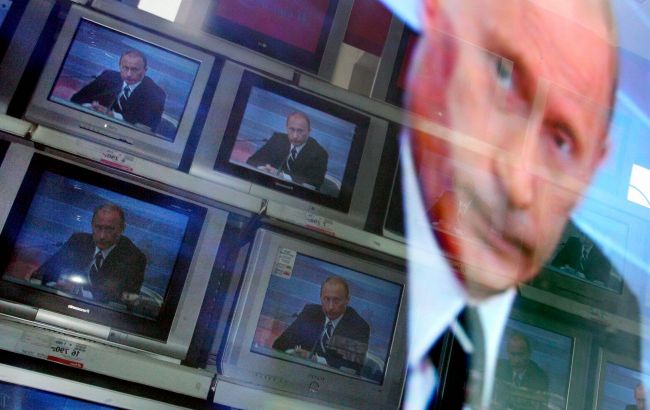Is revolution possible in Russia? Response of Russian political oppositionist
 Russian President Vladimir Putin (Getty Images)
Russian President Vladimir Putin (Getty Images)
Social explosions in Russia occur when Russians have at least minimal hope for change. An example was the “march” of the Wagner PMC foundeк, Yevgeny Prigozhin, who was supported in the cities he came to, Ivan Preobrazhensky, a Russian political scientist in the opposition, said in an interview with RBC-Ukraine.
“Social explosions happen when, often for unclear reasons or unpredictable coincidences, what’s called a 'point of collective action' arises. Suddenly, many people realize that they can influence what’s happening here and now,” Preobrazhensky said.
As the oppositionist explained, the above-mentioned points arise when there is a discoordination between the authorities and security forces, resulting in the latter taking a pause and not fulfilling their duties.
One of the most likely points, according to Preobrazhensky, is a clash between the Kremlin and the regional elite. Medium-sized businesses have been under pressure recently. Former Ukrainian MP Viktor Medvedchuk, after he came to Russia, already received a business worth several billion that was seized from Russian mid-sized businessmen.
At the same time, Russian President Vladimir Putin himself allowed governors to create volunteer battalions. It may also happen that the security forces will eventually show greater loyalty to the local leadership and take their side. A similar situation occurred in Bashkortostan, when the police did not stop the protesters for some time.
"Revolution must be about future generations and archaically about the land where our children are supposed to live. When these two factors come together, a protest emerges, even though people understand that it will be suppressed. In Bashkortostan, by the way, it wasn’t immediately suppressed, as the police live here themselves and react similarly to the majority of the population," the political scientist explains.
Prigozhin's mutiny
Starting on June 24, 2023, the rebellion of the Wagner militants was the most serious challenge to Putin's power since 1999. The militants quickly took control of Rostov-on-Don and moved toward Moscow. The security forces either supported the rebellion or remained silent. Putin fled Moscow.
Eventually, the rebellion was suppressed as a result of a deal brokered by Lukashenko. Prigozhin was later killed in a blowing-up plane.

